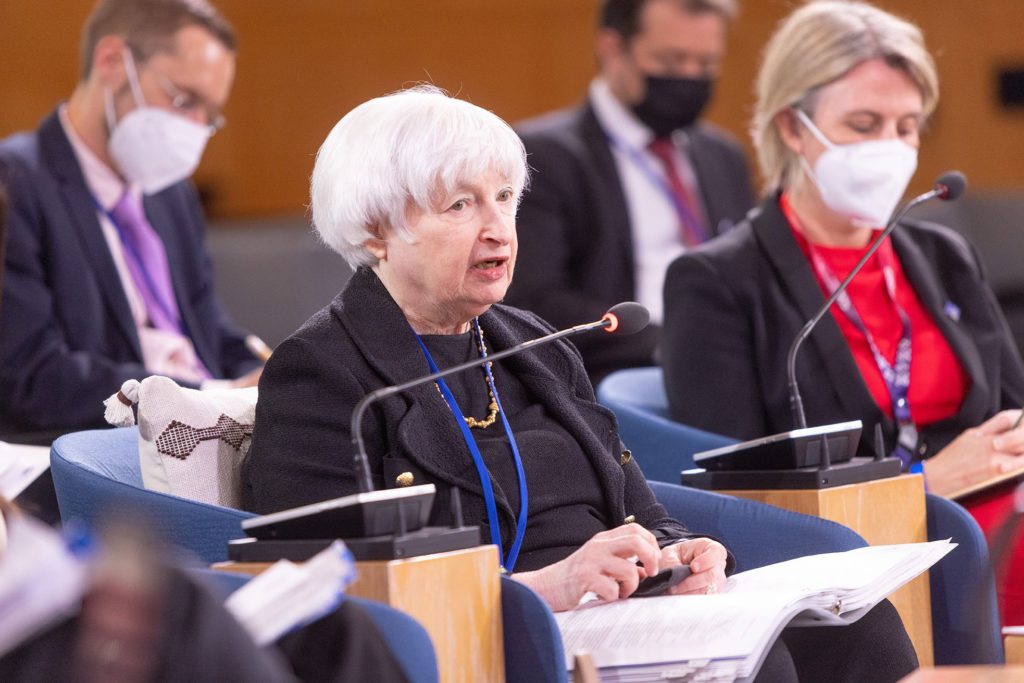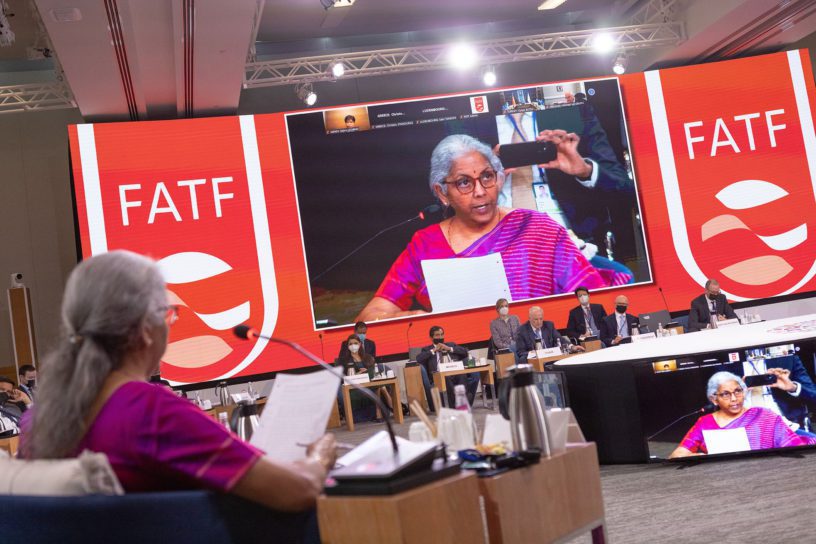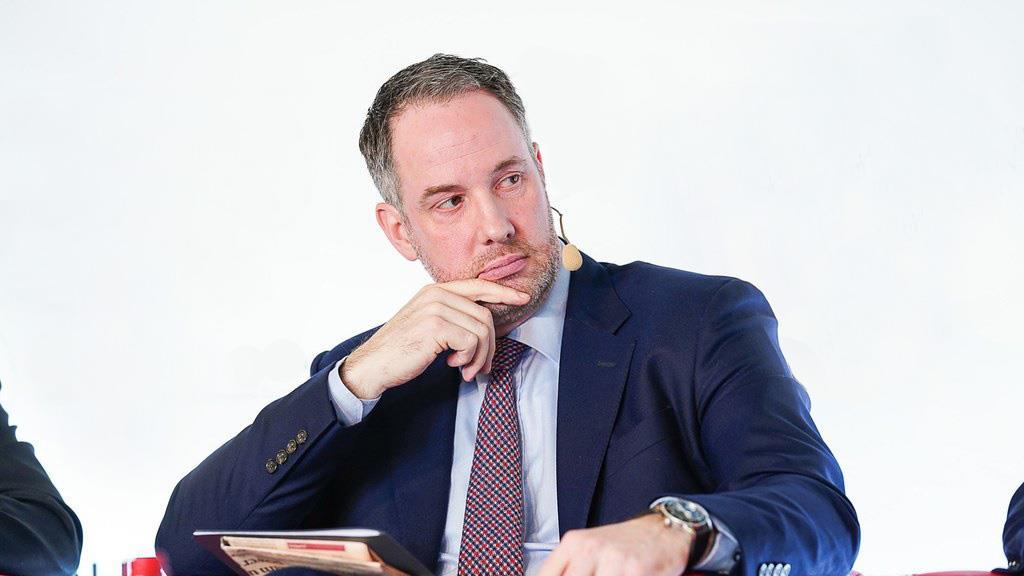It’s been a pretty busy week for the Financial Action Task Force (FATF) in Washington DC.
We’ve seen the long awaited results of the review of the current (still unfinished) round of mutual evaluations – 86 countries are still to be evaluated; the detail behind the outcome of its three year long strategic review; and the declaration of ministers following their first meeting for three years.
And not reported on, was the meeting of G20 Finance Ministers and Central Bank Governors, which the FATF President participates in on behalf of the FATF.
After some, but surprisingly little speculation in the media, there was no mention in the communique of Ukraine or Russia’s continued participation in or membership of the G20. For now it seems Russia still has a seat at the G20 table and finance ministers at least are not concerned about the implications of the Russian invasion of Ukraine, including for the risk of financial crime.
This seems odd given the dominant political narrative in the West about using sanctions to finally clamp down on dirty Russian money and stopping this from fuelling war. And this despite the clear statement issued by the FATF only last month.
So lots of new information to digest and inevitably new, or not so new, questions raised.
Let’s start with the ‘landmark’ report on the state of effectiveness and compliance with the FATF Standards.

This is a very positive sign and the FATF is to be commended for publishing it. Not because of the positive results it shows for the fight against money laundering, etc. but because it is the most honest and fact based report of how things are going yet. It is based on an internal stock take report by the Secretariat, done by staff in their own time, to pull together the results of some 120 evaluations of countries by FATF, FSRBs (FATF-Style Regional Bodies) and the IMF since the FATF started assessing ‘effectiveness’ in 2013.
The report published this week includes much of the information from that internal report, while also attempting to cast global efforts in a more positive light, through some creative spin in order to say that compliance with the standards has improved from 36% to 76%.
I say ‘creative’ because FATF assessments do not produce a single overall compliance rating for each country. They produce 40 ratings for each of the 40 Standards and if you look at the consolidated table of ratings for these reports published on the FATF website, you’ll see that only 4 countries are ‘C’ or ‘LC’ (compliant or largely compliant) with all 40 Standards. Who are these bastions of AML, robustly protecting the global financial system? Well, according to the FATF, they are the Cayman Islands, Macau, Malta (still on the grey list but expected to be removed in June), and Uruguay.
Nevertheless the publication of the report is noteworthy and, as I said, FATF members are to be commended for it. You can’t address a problem if you don’t acknowledge it. [Maybe we need an AA for AML folk?] Anyway it’s well worth a read and well done FATF!
I hope this is the beginning of an effort to assess a global problem globally, and not just look at it within the confines of each jurisdiction.
This brings to me to the declaration of ministers also published this week, following their meeting in Washington DC in the margins of the Spring Meetings of the IMF and World Bank.
Yet again ministers committed to full and speedy implementation of the FATF Standards. But this time they went a bit further and said that they would ‘lead from the front’ and do this by the end of the next round of evaluations.
Let’s pause here for a moment and reflect that this commitment is a membership obligation and has existed since the FATF was created in 1989. Furthermore the next round of evaluations won’t start until at least 2025 and if, and only if, FATF manages to achieve the goal it has set itself, it will be finished some six years later in 2031. So what ministers have done have given themselves nearly another decade to do something they committed to do 40 years previously. While I continue to hope they will finally do this, I wouldn’t bet on it, and I think its fair to say the jury of the AML community is out on whether doing so will make any difference to the fight against money laundering, etc.
On a more positive note, ministers committed to improve asset recovery efforts globally, recognising that only a ‘tiny fraction’ of the proceeds of crime are currently recovered. It’s great news and I will watch with interest how the FATF will decide to go about doing this.
On the other hand, the somewhat clumsily worded declaration does little to provide clarification on whether the mission of the FATF is to stop money laundering and related financial crime – or to protect the integrity of the global financial system, or tackle illegal financial flows, or illicit finance, or contribute to global safety and security.
All these terms are used interchangeably to refer to the activity of the FATF, while they are all quite different. Illict finance, for example, includes activity that is not illegal like tax avoidance (as now defined by the UN). This is important because clarity of mission is critical for any chance of success.
In their strategic priorities, the commitment of ministers to a more inclusive global network is also to be commended. Again, not new but important. And it endorses a strategic vision for the global network, which now needs a plan to make a reality.
Overall, ministers’ involvement in prioritisation is long overdue and a very good thing. FATF members often complain about, but feel powerless to fix, the ever increasing list of ‘priorities’ that come with each new FATF presidency, and often have little to do with addressing the core problems with global AML/CFT efforts shown by mutual evaluations and that flow from the FATF. Even the G20 seem to have started to take notice of this, with finance ministers “looking forward to the results of the strategic prioritisation process to improve effectiveness of global implementation.”
The next FATF Presidency starts on 1 July, and is for two years. It will be interesting to see if that brings yet more priorities, or whether it will enable FATF to focus on the problems we all know exist, or at least on the strategic priorities agreed this week by ministers.
And finally, it’s good news that ministers recognise in their declaration the need to sustainably fund the fight against money laundering, or least the FATF and FSRB Secretariats, whose work is vital, who consistently punch well beyond their weight and who remain sorely underfunded.
Yes, a busy week for FATF – and particularly busy have been the small but excellent media and comms team of the FATF Secretariat.









